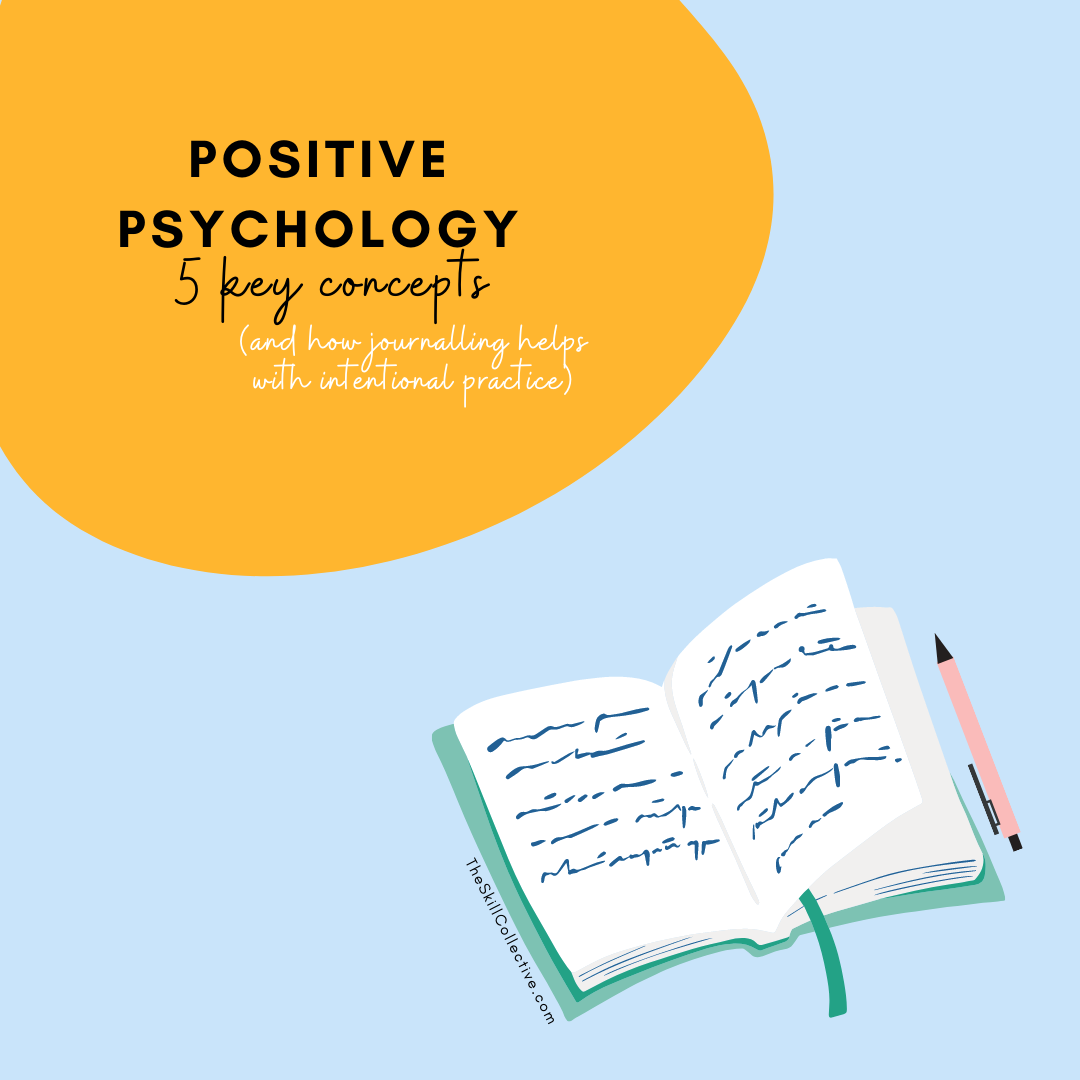Confessions of a mindfulness sceptic...
confessions of a mindfulness sceptic
By Annie Malcolm, Clinical Psychologist
Mindfulness. Previously reserved solely for eastern philosophy and hardcore yoga addicts, in 2016 mindfulness has well and truly entered the mainstream.
Walk past a self-help section at a bookstore, browse a blog on wellness and healthy living, chat with the mums at the playground and no doubt before long you will find yourself confronted with someone extolling the virtues of mindfulness.
Mindfulness is taught at our schools and workplaces, it’s encouraged as a way to de-stress, get sleep, reduce anxiety and probably lose 5kg in the process. A modern panacea for pretty much anything that ails you. But is mindfulness a miracle cure or snake oil?
THE CASE FOR SCEPTICISM WHEN IT COMES TO MINDFULNESS
Now as a psychologist, this writer should be all about mindfulness. This is a golden age for mindfulness, a win for mental health! Shouldn’t I be itching to settle in to twice daily, hour-long mindfulness meditation sessions?
Maybe I should. But I’m not. Confession time – I’m just not a fan. So let me lay it all out on the table. Here are the reasons why I’m a mindfulness sceptic.
1. MINDFULNESS IS boring.
Come on, be honest now. It’s sitting there doing nothing. Deliberately doing nothing. Sure, you’re being mindful of everything that’s happening in the moment, but if you’re just sitting there, that adds up to not much. Even trying a 20 minute guided mindfulness exercise, I have to admit to boredom creeping in.
2. MINDFULNESS HAS NO CLEAR RESULT.
This is especially hard for those of us who are just a tiny bit perfectionistic and results-oriented. What if I were doing it to train my thoughts to never be negative? Well, that would be a result; that would be something worth putting in the hard yards for.
But one of the key elements of mindfulness is that you are not trying to change anything, but simply to observe. Practising true acceptance of everything you notice in the moment means that if you’re looking for a nice measurable change as a result, you’re not doing it for the right reasons.
3. MY THOUGHTS DON’T TURN OFF DURING MINDFULNESS.
Some people have the misconception that mindfulness is about learning how not to think. And it’s true, people who practice mindfulness meditations regularly do report a slowing of the mind, or a reduction in the running-like-a-freight-train type thoughts. But there’s no turning your thoughts off completely.
Trying to clear an unclearable mind? Now that sounds like a recipe for frustration.
4. I FEEL AWFUL AND IN PAIN A LOT OF THE TIME. WHY WOULD I DRAW ATTENTION TO IT WITH MINDFULNESS?
Here’s another tricky one. Mindfulness calls on you to “tune into” or be mindful of every part of your experience. Pay attention to your emotions, whether they are happiness, sadness or panic. Be present with your thoughts, whether they are saying “I am content in all situations” or “I am a worthless human being”. Bringing you closer to your experience in the moment can bring you back in touch with yourself. But it can also bring you closer to your pain.
5. I’m too lazy to be consistent ENOUGH WITH MINDFULNESS to see the benefits
Most proponents of mindfulness meditation advocate that you need to start at around two sessions a day, for 20 minutes each. And you must stick with this for around 3 months to see the benefits.
Now, is 20 minutes really all that much time? No, I guess not, but every day? For weeks on end? While I’m thinking of all the more productive things I could be doing? I’m afraid I just don’t have the staying power.
I’d say I have a pretty strong case for throwing the towel in. But in an effort to give mindfulness just one more chance, I thought I should look into the research to see just what it is about mindfulness that works. Here’s what I found:
THE BENEFITS OF MINDFULNESS: WHAT RESEARCH TELLS US
Mindfulness has been found to:
Improve concentration and mental clarity
Increase self control
Improve working memory
Increase tolerance to painful emotions
Increase kindness, acceptance and compassion towards others and self [1]
They all sound like good things, but how can we be sure it was actually practicing mindfulness that led to these changes?
Well, several studies have been conducted on people who are new to mindfulness. In these studies individuals identified what they would like to work on, such as symptoms of distress, depression or concentration. Then they are divided into two groups, with one group given mindfulness training while the other group isn’t, to test the impact that mindfulness had on the areas they would like to work on.
One such study found that mindfulness training led to fewer negative emotions, fewer depressive symptoms and less stewing over unhelpful thoughts. Those who received mindfulness training also demonstrated longer concentration span, and significantly better memory capacity.[2]
But just one study doesn’t prove much right? Well, maybe not but there have been plenty more. A recent meta-analysis (which means a study of lots of different studies) gathered together evidence from 39 different studies all testing the benefits of mindfulness that all found support for mindfulness as a way to reduce anxiety and depression. [3]
So that does sound kind of great and things seem to be swinging in favour of mindfulness. But what about all the work it takes to do mindfulness? Who has the time and dedication for that? Well, maybe it doesn’t have to be as much work as it seems. Remember the first study I told you about? Those participants only practiced mindfulness for 10 days to get those benefits.
And here’s something even more encouraging. In another study – where half of the participants received mindfulness training and the other half didn’t – all participants then watched three movie clips. One clip was a happy one, one was a distressing one, and one was a mix of both. Those who underwent mindfulness training showed more positive emotions after watching the happy clip, and fewer negative emotions after watching the mixed clip. [4]
So maybe there is some truth in mindfulness bringing your attention to your pain when you are feeling bad. But if it also means that you can feel happier during the happy times, and less sad during the sad, then maybe it’s worth it. And the best bit is yet to come. The “mindfulness training” that the people in this study did? Just one session lasting 10 minutes.
Now that’s something even a mindfulness sceptic can achieve! And that’s the thing about mindfulness. Different people have packaged it up in different ways. A lot of people who have jumped on the mindfulness bandwagon have embraced the “twice a day for at least 20 minutes” kind of regime. And if they can stick to that, that’s great.
But mindfulness isn’t just for those dedicated few. At its core, mindfulness is about paying attention. Being completely in the present as each moment unfolds, rather than having your head stuck in the past or worrying about the future. And you could do that for 30 minutes or for just 30 seconds. You could do it in a tranquil rainforest, at a party, in traffic or when surrounded by screaming toddlers. Just because your life is busy and hectic, doesn’t mean mindfulness isn’t an option for you. And as the studies have shown, maybe even a little bit of mindfulness can still be a good thing.
So now that the results are in, am I going to turn into a mindfulness fanatic, who can’t get my without my hour long meditation? Probably not. But taking time to non-judgementally tune into my thoughts, feeling and physical sensations as a quick touchstone during the day? Remembering that it’s only the present moment you have to live in, and that each moment will pass? Even a sceptic can achieve that. Now that’s something to be mindful of.
Annie
REFERENCES
[1] Davis, D.M., & Hayes, J.A. (2011). What are the benefits of mindfulness? A practice review of psychotherapy related research. Psychotherapy, 48, 198-208.
[2] Chambers, R., & Allen, N.B. (2008). The impact of intensive mindfulness training on attentional control, cognitive style and affect. Cognitive Therapy and Research 32, 303-322
[3] Hoffman, S.G., Sawyer A.T., & Oh, D. (2010). The effect of mindfulness based therapy on anxiety and depression: A metaanalytic review. Journal of Consulting and Clinical Psychology 78, 169 – 183.
[4] Erisman, S.M., & Roemer L. (2010). A preliminary investigation of the effects of experimentally induced mindfulness on emotional responding to film clips. Emotion 10, 72–82.







How can you counter the winter blues? Check out our tips on how to boost your wellbeing during the colder months.